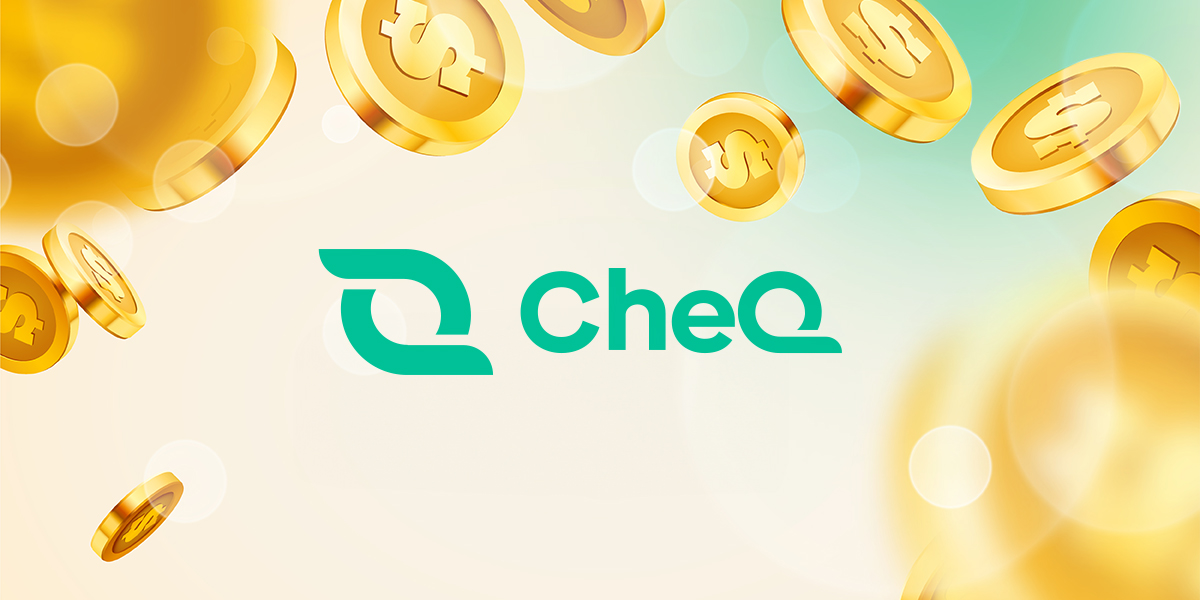Social commerce is turning out to be an exciting extension of e-commerce and has the potential to encourage the next 500 million Indian Internet user to transact leveraging social networks – primarily Facebook, WhatsApp, Instagram, and ShareChat. Almost, two-thirds of total Internet users in smaller cities and rural India spend significant time on social networks and messaging apps.
Since social apps claim the largest share of time on a smartphone screen, social commerce startups want to build e-commerce solutions for the up and coming Internet user base.
Over the past three years, a clutch of startups including Meesho and Shop101 have been exploring the segment. The duo seemed to have overcome initial hiccups and now prospering. While Meesho leads the pack, Shop101 has been catching on quickly.
The Stellaris VC-backed company has about a million downloads at the moment. “About 25 to 30 per cent (250-300K) users are active resellers on the platform,” said Abhinav Jain, Co-Founder, and CEO, Shop101. To be sure, the app is only available for resellers.
Shop101 started with the premise of enabling web store for resellers in early 2016. “During our research, we found that there are multiple options to sell online for large sellers but very limited avenues for small merchants (homepreneurs, student etc.). Going forward, we sensed that driving traffic and transactions are the biggest challenge for such merchants,” added Jain.
Realising this pain-point, Shop101 had integrated social channels including Facebook and WhatsApp so that resellers use their social media reach for tapping sales.
As Shop101 was scaling up, the company found that product sourcing is a major challenge for resellers. Hence, it began on-boarding manufacturers and suppliers. Hereby, the resellers can sell their own inventory, as well as, the products sourced from listed suppliers or manufacturers.
“It gave a fillip to our growth. We have been doubling the growth numbers since June this year,” said Jain.
When a reseller gets an order request that is not available in its own inventory, the supplier gets intimated in real time. Later, logistics partners pick up product from the supplier and deliver it to the customer. Meanwhile, the monetary part of a transaction is done by Shop101 which it releases to supplier and reseller after customer expresses satisfaction with the product.
Seven out of 10 resellers and customers are from tier III and IV cities: Why?
While e-commerce has hardly penetrated tier II cities, the growth of Shop101 has been led by tier III and IV cities. “About two-thirds of our resellers as well as customers hail from smaller cities and semi-urban clusters,” said Jain. It’s quite surprising and the question that arises is – what is triggering this segment of the population to sell and buy through Shop101?
“Housewives and students in smaller cities usually have more time as compared to large and metropolitan cities. Importantly, they want to support themselves and their family. Even if they end up making anywhere between Rs 5,000 to 10,000, it becomes a significant top-up income for the family,” explained Jain.
Since buyers are the reflection of sellers, more than 70 per cent of transacting base also comes from same demographics (tier III and IV cities).
Although Jain declines to share numbers of monthly transaction processed by Shop101, Entrackr’s sources indicate that it does about 200-230K orders a month. When it comes to the business model, the company charges for services such as logistics and payments. “We don’t charge anything to resellers beyond services,” said Jain.
While Shop101 model is similar to Meesho, it differentiates with the SAIF Partners-backed company on the premise of enabling web stores to small merchants and resellers. Meesho doesn’t enable web store for resellers.
Globally, social commerce has been redefined and championed by China’s Pinduoduo. Within three years of inception, it emerged as the third largest e-commerce player after Alibaba and JD. The company’s recent debut on NASDAQ valued it $28 billion and surprised many analysts with its stellar performance.
Also Read: With 300 mn+ users and $38 Bn annual GMV, China’s Pinduoduo is bigger than Indian e-tail
When compared, social commerce startups in India have not been following the group buying model as Pinduoduo does. Instead, Shop101 and Meesho are leveraging the combined power of social media, resellers, and manufacturers.
Given that Internet users in smaller cities and rural India are wary of transacting online but spend significant time on social networks, social commerce could weed out trust factor and encourage them to buy goods which are being sold by people they know (via resellers in their vicinity).
With the penetration of vernacular social networks such as ShareChat, social commerce phenomenon is likely to explode in the next two-three years. It’s in very nascent stage at the moment in India. While the reach and scale of the segment are yet to become significant, only time would tell whether it can produce parallels to Pinduoduo or not.














